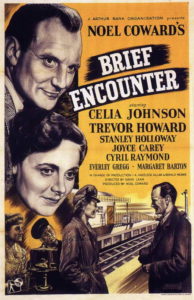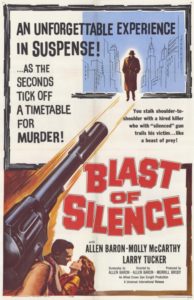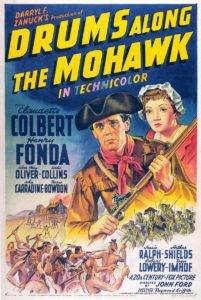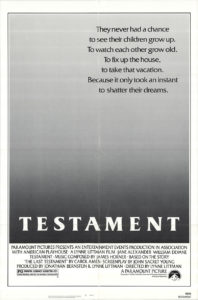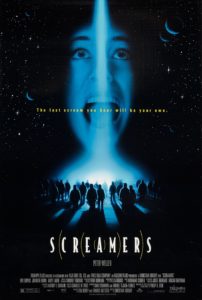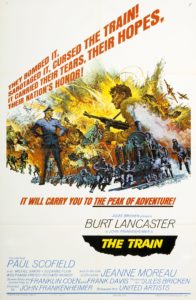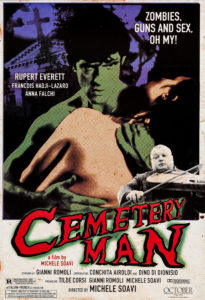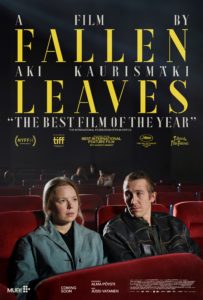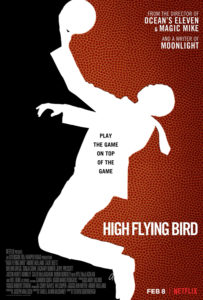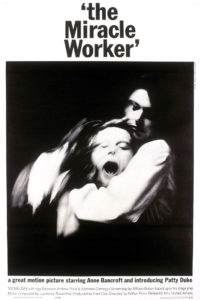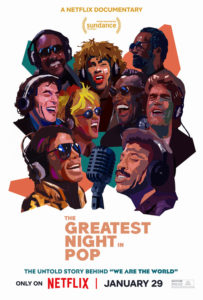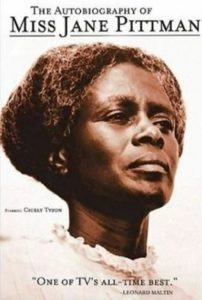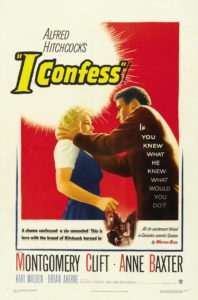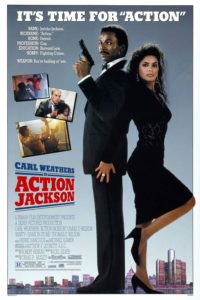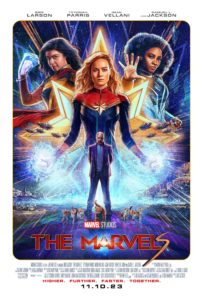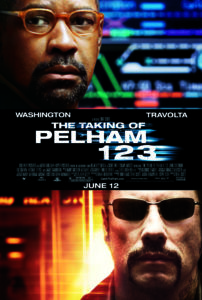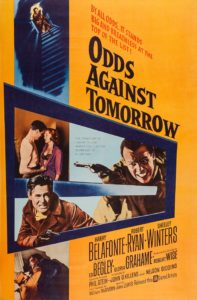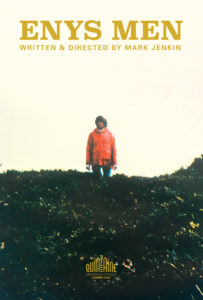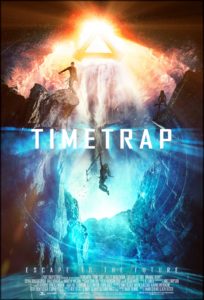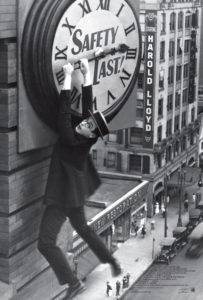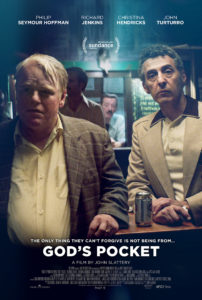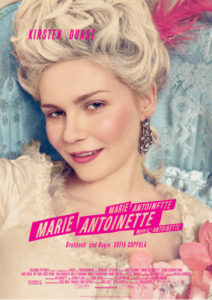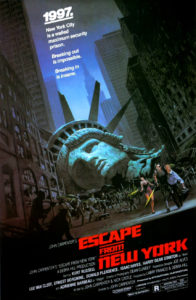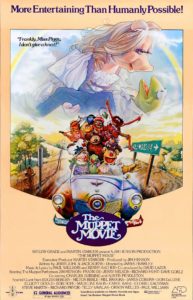I watched 9 movies last week:
- There are a lot of really strong performances in The Ballad of Jack and Rose, not least by a very naturalistic Daniel Day-Lewis. But the film is cluttered with too many characters and often seems uncertain about what it’s actually trying to say, to the point that those performances kind of get lost in the mix.
- I wish I could agree with people who say that Action Jackson is an unsung and unjustly forgotten ’80s action movie, but it just isn’t very good. None of the blame for that lies with Carl Weathers, who is quite charismatic in the title role, but it never finds the right balance of tone and doesn’t offer any especially memorable action setpieces of its own.
- The Marvels is incredibly disappointing, more so than any other recent Marvel failure, largely because it feels like there was a really good, possibly even great movie somewhere inside this one. The movie we get is bright and inventive in flashes—something you couldn’t say about Quantumania, for instance—but it’s never given enough time to breathe and feels badly chopped together. There’s so much here that could have worked, and worked really well, but it feels like Marvel the studio just lost its nerve.
- I don’t know that the original is a masterpiece or anything, but there’s nothing in Tony Scott’s remake of The Taking of Pelham 123 that’s an improvement on, or even as good as it.
- Odds Against Tomorrow takes its time building tension, but it’s a taut little crime noir with some great moments.
- I’m not sure I understand Enys Men, but I’m not sure Enys Men is meant to be understood, merely experienced. In that respect, it is fascinating and unsettling—”feeling,” as critic Calum Russell put it, “more like an innovative art installation than a piece of narrative fiction.”
- Time Trap plays with some neat, if maybe slightly shopworn ideas, but it never really pulls any of them together into a clever or cohesive enough whole.
- Some of the gags in Harold Lloyd’s Safety Last inevitably feel dated, but some of them—like that clock scene, for instance—are rightly some of the most famous scenes in cinema history.
- God’s Pocket has a lot of good actors doing some very good work, and yet it all just falls apart into a weird mess of conflicting tones by the end. John Slattery is a capable enough directory, but having now seen both of his feature films, I think his greatest strength is convincing his famous friends to appear in them.
I also re-watched Sideways, which I hadn’t seen in twenty years. (Want to feel old? Sideways is now a twenty-year-old movie.) It had been on my mind to revisit the film for a while, having recently watched (and loved) Alexander Payne and Paul Giamatti’s more recent collaboration The Holdovers. Like that one, Sideways is just a pitch-perfect character study, full of bold comedic moments and lovely, tender character beats. Twenty years or not, it’s still a really terrific film.
